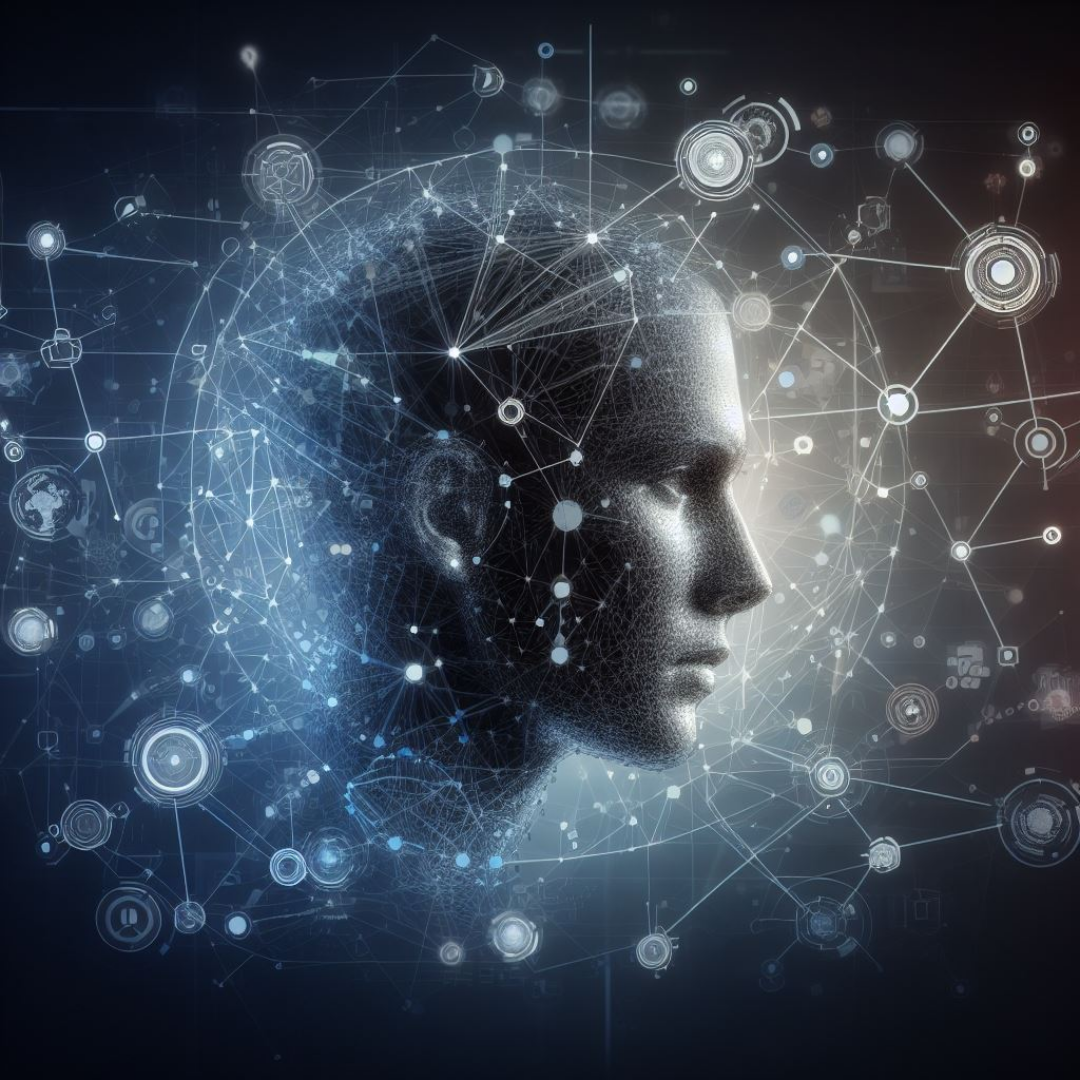G7 industrial countries along with the European Union, are set to unveil a significant code of conduct for companies engaged in the development of advanced AI systems.

The Group of Seven (G7) industrial countries, comprising Canada, France, Germany, Italy, Japan, Britain, and the United States, along with the European Union, are set to unveil a significant code of conduct for companies engaged in the development of advanced artificial intelligence (AI) systems. This voluntary code will serve as a pivotal framework for governing AI in major nations, addressing escalating concerns regarding privacy and security associated with the technology.
The G7 document, viewed by Reuters, outlines an 11-point code designed to “promote safe, secure, and trustworthy AI worldwide” and will offer voluntary guidance for organizations involved in creating the most cutting-edge AI systems, including foundational models and generative AI systems.
The code’s primary objective is to harness the benefits of AI while effectively managing its potential risks and challenges. It calls upon companies to proactively identify, assess, and mitigate risks throughout the entire AI development process. Additionally, it emphasizes the need for prompt action to address incidents and patterns of misuse once AI products are introduced to the market.
Furthermore, the code urges companies to publish transparent reports detailing the capabilities, limitations, and both proper and improper uses of their AI systems. It also emphasizes the importance of substantial investment in robust security measures.
While the European Union has taken a leading role in regulating emerging technologies through its comprehensive AI Act, other regions such as Japan, the United States, and parts of Southeast Asia have adopted a more hands-off approach to foster economic growth.
Vera Jourova, digital chief of the European Commission, emphasized the significance of a Code of Conduct as a foundational step in ensuring safety. She noted that it would serve as a transitional measure until formal regulations are established.
The establishment of this code of conduct marks a significant milestone in the global governance of AI, providing a critical framework for responsible development and deployment of advanced AI systems. As governments around the world grapple with the challenges and opportunities presented by AI, this voluntary initiative sets a precedent for ethical and secure AI development practices.